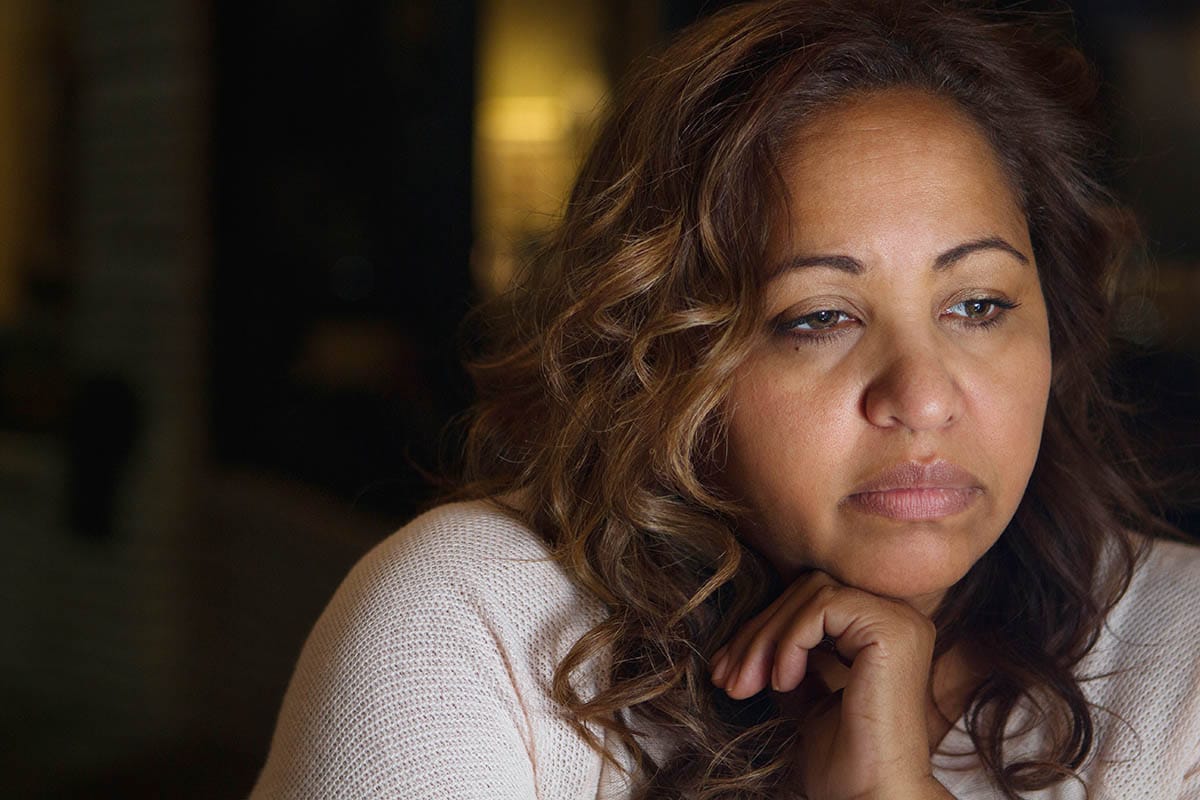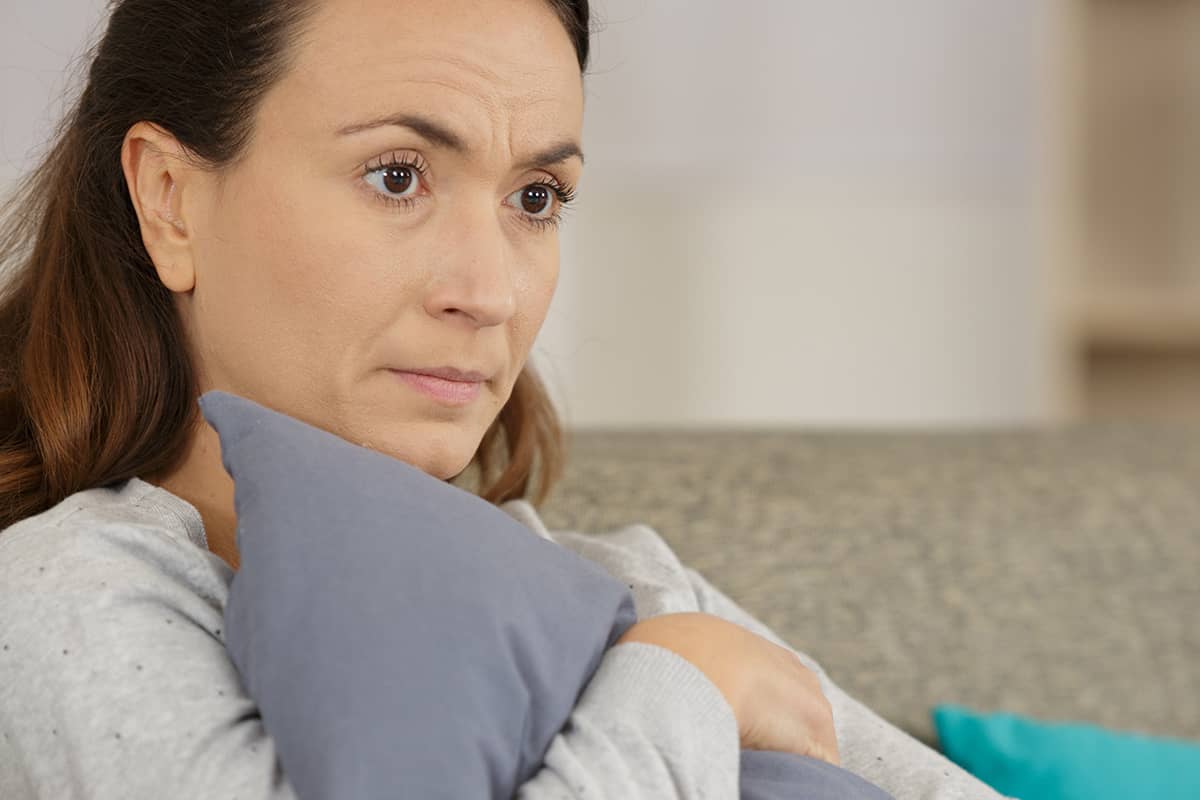One of the most dangerous risks associated with drug use is the potential for an overdose. Knowing the signs and symptoms of a drug overdose can help you prevent a tragedy from happening.
Drug overdoses are actually brain injuries that result when a patient lacks sufficient oxygen supply to the brain. Overdoses may be intentional or unintentional, although the latter happens more frequently. Every time you use recreational drugs (or even prescribed drugs outside their indications), you run the risk of suffering drug overdose symptoms and needing to seek drug addiction treatment. All drugs should be strictly used according to a qualified physician’s prescription. And if you’re struggling with an addiction to opioids, such as heroin or OxyCodone, contact our drug addiction treatment center at 833.448.0127 today.
Why Do Drug Overdoses Happen?
Drug overdoses occur when the dose used exceeds what your body can handle, leading to a dangerous and potentially fatal reaction. One common cause of overdose is when an individual takes multiple drugs at once, such as mixing opioid painkillers with alcohol or taking a combination of illegal and prescribed drugs.
Relapse can also be a factor in overdose. Someone who has been abstinent or clean for an extended period of time may accidentally take too large of a dose if they return to using due to cravings. Medication-assisted treatment can be the key to avoiding this problem, as it helps to control cravings and manage withdrawal symptoms. Some medications can also prevent overdoses by blocking the effects of drugs and alcohol.
Common Drug Overdose Symptoms
Common symptoms of drug overdose include:
- Physiological symptoms – Rapid heartbeat, increased body temperature, dilated pupils, and blue lips or fingertips
- Respiratory symptoms – Chest pain, difficulty or cessation of breathing, and airway obstruction (gargling or choking sounds)
- Gastrointestinal symptoms – Nausea, vomiting, and abdominal pain
- Behavioral and neurological symptoms – Confusion, aggression or violent behavior, unconsciousness, and seizures
The signs of drug overdose vary according to the type of drug and body chemistry of the person. Different people may experience various symptoms, even after overdosing on the same drug. If you or anyone else think they may have overdosed on any drug, you need immediate drug overdose treatment. In the longer term, addiction treatment therapy can help you or your loved one beat their addiction.
Opioid Overdose
Opioids are drugs or medications that come from the opium plant. These can induce a euphoric high, but they can be dangerous drugs when taken in large quantities. Signs of opioid overdose include:
- Extremely dilated or pinpoint pupils
- Slack or droopy muscles
- Being awake but unable to talk
- Pale or clammy skin
- Slow or erratic heartbeat and breathing
The first thing to do when you suspect alcohol poisoning is to call 911. If you have access to the medication naloxone, use it as quickly as possible. If you need medication-assisted treatment, contact CMAR.
Heroin Overdose
Heroin is a type of opioid that carries the risk of overdose whenever it is used. Common signs of drug overdose from heroin include slow or shallow breathing, looking or feeling spaced out, bluish lips, nails and fingertips, weak pulse, lethargy, confusion, dry mouth, tiny pupils, and unresponsiveness.
Experiencing or watching someone experience a heroin overdose can be frightening, and this overdose can easily turn fatal if not managed swiftly. Always seek emergency medical attention if you suspect someone has overdosed. If you are struggling with opioid abuse, contact our opioid addiction treatment center.
What to Do if Someone Has Overdosed
Many Americans are more likely to die from drug overdose than from motor vehicle accidents. Opioid overdose is currently the most common cause of preventable deaths in the U.S. Therefore, it is crucial for everyone to know what to do in the event you come across someone who is showing drug overdose symptoms. If you think you or another person has overdosed, call 911 and stay with the person until the paramedics arrive. Ensure that they stop using whatever drug they’re on and report your suspicions to the emergency line. Someone will guide you regarding what to do as you wait for assistance.
Find Effective Treatment at CMAR Today
If someone you love has recently overdosed on opioids, it is clear that drug addiction treatment is needed. After emergency treatment for drug overdose symptoms, you need to get yourself or your loved one professional drug overdose treatment and rehabilitation therapy. Treatment can help to prevent a relapse and further overdoses.
CMAR is here to provide you with evidence-based substance use disorder treatment in Colorado. Reach out to our team at 833.448.0127 or contact us online to learn more.


















